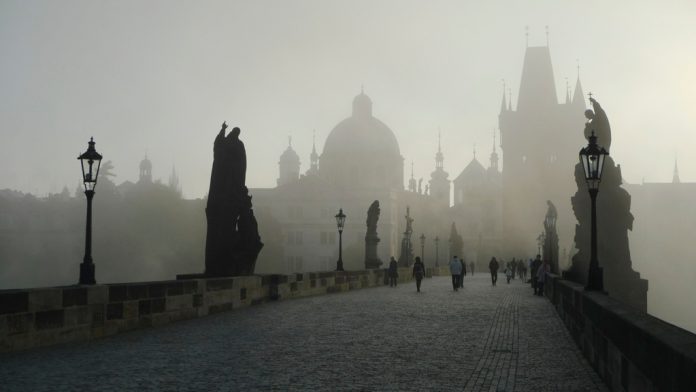Registering a business in a non-transparent tax haven is one way for owners to hide their identities, but there’s another way too. A growing number of people in the Czech Republic (and other European Union member states) are paying homeless people to act as frontmen.
As reported by Radio Praha, there are currently more than 14,500 business registered in the Czech Republic to people whose home address is a local town hall. Apart from entrepreneurs who have no permanent address there are nearly 10,000 companies with homeless people acting as frontmen or proxies, known in Czech as “white horses”.
Zdeněk Demeter, Big Data & Analytics Business Manager at Bisnode Czech Republic, explained the phenomenon. He said: “Behind these firms can also be bankrupt businessmen, who in some cases may play the role of ‘white horses’. Deploying a white horse basically makes it difficult to uncover the real ownership relationships in the companies. And it also fundamentally complicates the scrutiny or due diligence of their business partners.”
According to Bisnode, about one in four such companies is registered in Prague – where they are statistically less likely to be audited. More people have registered in the Prague 4 district town hall than in any other in the Czech capital, 324 at last count, but Prague 1 is becoming increasing popular, rising 131% since the last study, to 164 in total.
Statistically, these “homeless”-run companies are more likely to run afoul of tax authorities, for example, by not paying VAT consistently.
“It’s the same if we look at negative events, such as insolvency, financial execution or bankruptcy of those companies. In the case of ordinary companies, 1.6% of them are at risk, while if we talk about the ‘homeless’ businesses or ‘white horses’ leading the companies, it is radically more – 5.1% of the total. This means that these companies are significantly more risky than the others.”

